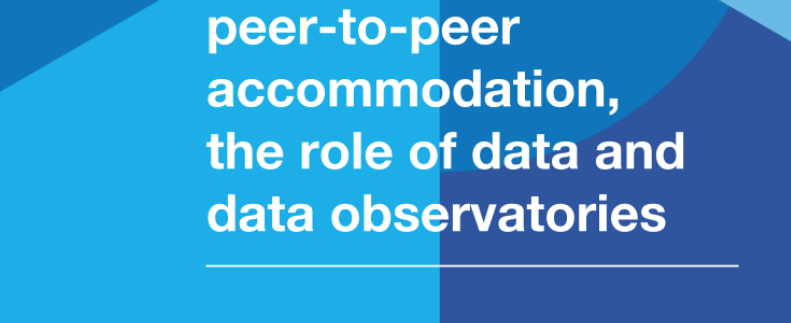
Peer-to-peer accommodation platforms enable people to make their home or spare room available for others to rent, normally for a short period of time.
The global market for peer-to-peer accommodation has grown significantly in recent years and is expected to be worth as much as £250bn by 2025.
In addition to this growth there is debate around the wider impacts of peer-to-peer accommodation. For example, residents of some cities are concerned that it changes the way people feel about their homes and communities. There is a risk that this debate – and subsequent decisions and actions made by policymakers and other stakeholders – will be based on assumptions rather than evidence and opinions informed by data.
The Open Data Institute (ODI) has undertaken a project to understand how data can improve the peer-to-peer accommodation market to support businesses, consumers and communities. As part of this work, we have conducted interviews and desk research to better understand the stakeholders interested in the impact of peer-to-peer accommodation and the impacts they focus on, the role of data in understanding impact and the potential use of a data observatory.
We have made a number of findings, including that there is a diverse set of stakeholders interested in the impacts of peer-to-peer accommodation for different purposes. We also found that although peer-to-peer accommodation platforms hold vast amounts of data that could be used to understand the market’s impacts, restricted access to this data inhibits its use. We also found that data observatories could help to meet the demand for more data and increase understanding of the impacts of peer-to-peer accommodation.